What makes a CityChanger? Young Leader Sharee Hochman proves that it’s not an academic background or a position in city administration, but personal qualities like compassion coupled with good ideas and a desire to make a difference is what it truly takes. Here Sharee shares with us an inspirational story about how she fell into urbanism, why at just 22 she created an NGO, and what we can all gain from feminist cities.
Take note of the name Sharee Hochman. It will be synonymous with urban transition one day. That’s the impression one gets from her infectious enthusiasm. What’s even more headline-worthy is that Sharee never set out to be a city nerd!
An Unconventional Route
It makes sense that studying Rhetoric Communication & Sociology and having a clear humanitarian spirit led Sharee to a job as Communications Coordinator for Volunteer Manitoba. Community seems to run through everything she does.
Urbanism wasn’t always on the cards for this Young Leader. Growing up in the sprawling suburbs of Winnipeg, Canada, the city was always distant. An unwalkable, isolating 30-minute-drive distant. But a trip to Berlin in 2019 changed everything!
This European capital was different to anything Sharee had experienced before. She stayed in a mixed-use building, had the possibility to “just walk to any grocery store within five minutes or so”, and could hop on an interconnected, reliable public transport system for fun (!). Compared with suburban Winnipeg’s homogenous housing and unconnected infrastructure, Sharee saw how the physical environment impacts us – for better or worse. The CityChanger seed was sown.
It was only a matter of time before Sharee was volunteering her skills as a communicator to advance sustainability in cities, first as part of the Urban Economy Forum, by enhancing active transportation via organising and promoting community rides with Bike Winnipeg, and importing Dutch bikes for public use as a board member of Winnipeg Trails Association.
She was hooked! “After that, I just lived and breathed it. I’m writing on it, researching it, and getting involved with my community”. Sharee’s excitement is tangible. But where she really makes an impact is as Director of Communications & Outreach with the non-profit she co-founded together with sustainable transportation professional Nicole Roach.
Woman With a Mission
Women in Urbanism Canada (WIUC) launched in 2021 with the aim to empower, “inspire and mobilize women-led transformation in Canadian cities”. Nicole had the germ of an idea in 2018, but Sharee’s background in sociology – and what had by now developed into a people-focused perspective to urban planning – was a catalyst for getting it off the ground. The two connected through the power of social media.
“Twitter’s huge for the urban and bike communities, and I love it.”
Sharee is struck by the ease with which people build constructive networks in the field. That sense of connection is at the heart of WIUC. It acknowledges the need for a space for self-identifying women in urbanism “to come together, share resources and challenges”.
This growing organisation is governed by three values. It aims to make urban areas equitable and sustainable, but notably, it also embraces one quality so many overlook. The website explains:
“We believe cities are to be enjoyed, by everyone. Making cities more enjoyable takes into consideration health, happiness, beauty, quality of life, and safety.”
Women in Urbanism Canada
“I’m working on sharing what feminist cities are to our audience, and how that’s currently focusing on women’s mobility,” Sharee tells us. “We are currently developing our outreach programmes, and we just finished our first panel presenting on how feminist cities are resilient cities for a group of change-makers” with Apathy is Boring. It’s gaining pace!
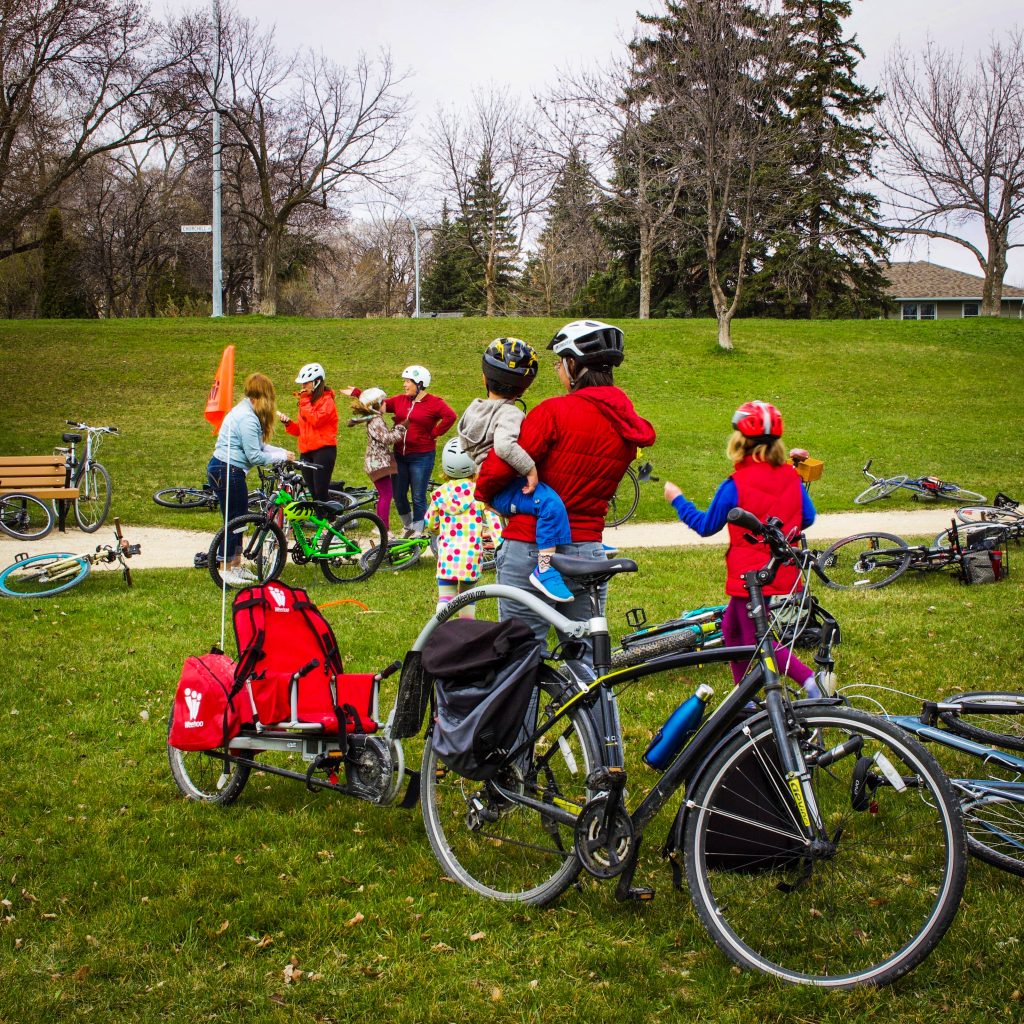
Winnipeg’s Woes
Women in Urbanism Canada is a response to the country’s epidemic of poor city planning.
Over the past 30 years, Sharee recounts, the size of Winnipeg’s suburbs have doubled but the city’s population has only increased by about 30%. Multi-modal and soft transport networks are not even an afterthought. “Obviously, you don’t get the mental benefits and the health benefits of walking and cycling”, Sharee laments.
But there’s more to it than that. It’s about accessing the essentials. Quality of life. Respect. Or, more to the point, a lack of it.
Historically, “most planners, architects, and politicians were men, because of the segregation of paid and unpaid labour”. As a result, “gender inequalities seeped into our urban environments”. According to the Standing Committee on the Status of Women, around two-thirds of unpaid work in Canada is still undertaken by women. The same problems persist!
What Women Want
“Canadian cities have been very car-centric.”
This favours the typical male breadwinner, who drives directly to and home from work.
“Women move in so many different ways,” Sharee observes, “especially if they have children or an elderly family member”. Trip chaining is a common example: someone might drop the children at Kindergarten, go to work, do a spot of shopping on the way to visiting a relative, then grab the kids en route home to cook, clean, etc.
Public transport networks aren’t designed to make this easy. Sharee advocates for accessible, inclusive, regular, safe, affordable, well-connected multi-modal infrastructure, and a change in mindset that normalises this. A feminist city.
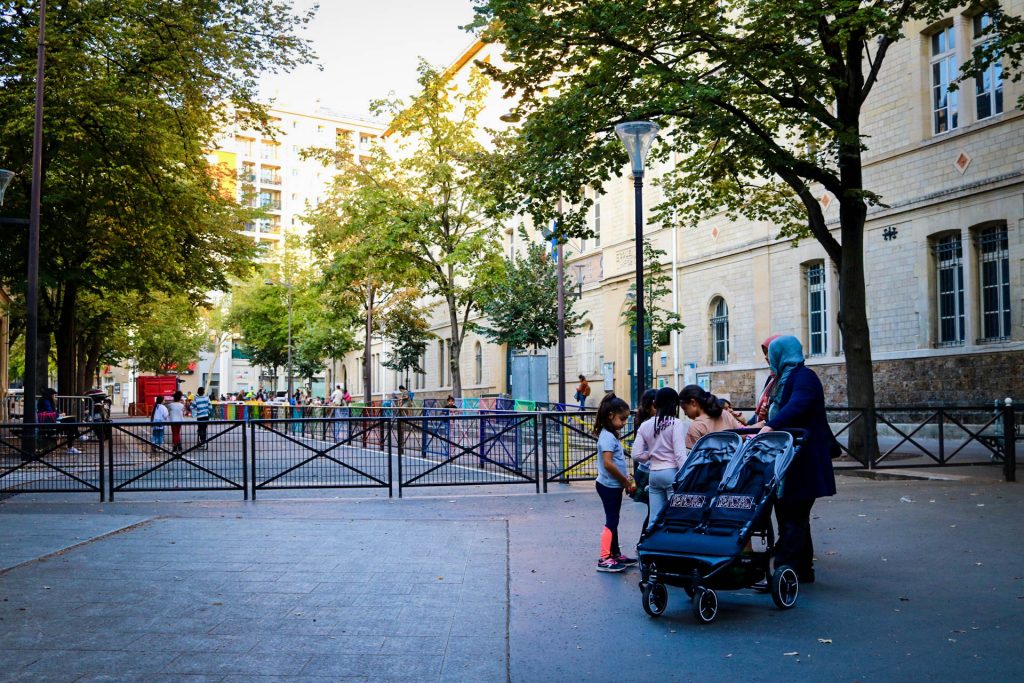
A City for All
A feminist city is a place that “prioritises the most vulnerable, so not only women”. That’s key! Traditional feminist theories, reflects our Young Leader, are “based around a white able-bodied woman”. The city of the future, she says, must be constructed around intersectionality.
Speaking on CTV News Winnipeg, our Young Leader explained how the idea for WIUC emerged from a discussion about how equitable planning could relieve negative experiences of women and children, Black, Indigenous, and people of colour, and the LGBTQ+ community.
So, with Women in Urbanism Canada, Sharee is now looking into “how feminist interventions can help all these different identities and abilities of people”.
That means creating green spaces where all people can socialise outdoors, “an increase in lighting, free transit fares, extended sidewalks, and also wider bike lanes that are also protected and connected, as well as an increase in public washrooms”: features everyone can benefit from!
This diverse and multi-layered fabric of urbanism is what Sharee finds so motivating. There’s always a new angle to consider.
“I started to see how many feminist interventions also help a lot of people who are hard of hearing and experience deafness. This is just another aspect of planning, which is just so interesting to me.”
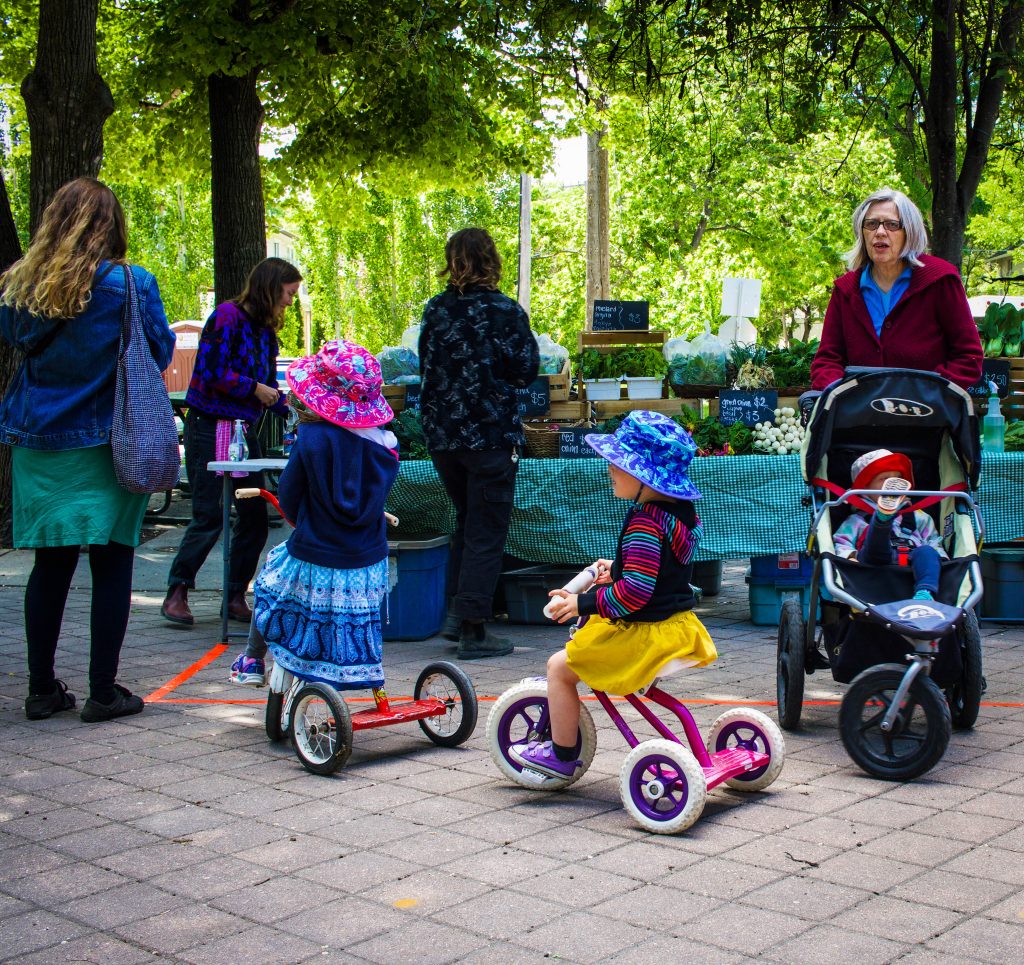
Advice From an Advocate
Sharee was recently ranked in the top 300 applicants to the illustrious and competitive 4CITIES programme. “For someone who hasn’t studied urban planning, I’m happy with that.” She should be. It’s a remarkable achievement. And it won’t be the last.
That’s why, also as a Young Leader Programme at Urban Future 22 in Helsingborg, Sharee is perfectly poised to offer advice for others looking to make the move into urbanism.
Volunteer
The first step is to volunteer. “I started to do that not in the urban sector at first. But it really built my comfort level and it really helped me build connections and new skills along the way.”
Use Your Skills
Sharee notes that “the future of urbanism is interdisciplinary” and whatever your background, you are already equipped with essential skills. These can help tackle the challenges cities still face. For Sharee, this was communication. For others, it might be technical ability, researching, project management, leadership…
“I was quite timid to enter the sector at first, not having a formal background. But I quickly realised where my studies played a role in urbanism.”
Just Get Started!
As a communicator, Sharee writes a lot. Workloads could become stressful.
Along the way, she picked up a valuable lesson: “You can’t have a first draft unless you start.” That relieves the pressure.
This Young Leader is enthused by experiences that demonstrate first-hand the positivity of urban change: pop-ups, tactical urbanism, closing streets for a weekend event. “I really like the idea of using placemaking as a tool to reimagine spaces for people who experience a lot of resistance towards change in cities.”
Like a new article, report, or blog post, it’s easier to build on and improve an idea put in place than a blank space.
Like Sharee, we should all embrace every chance we get to create positive change.
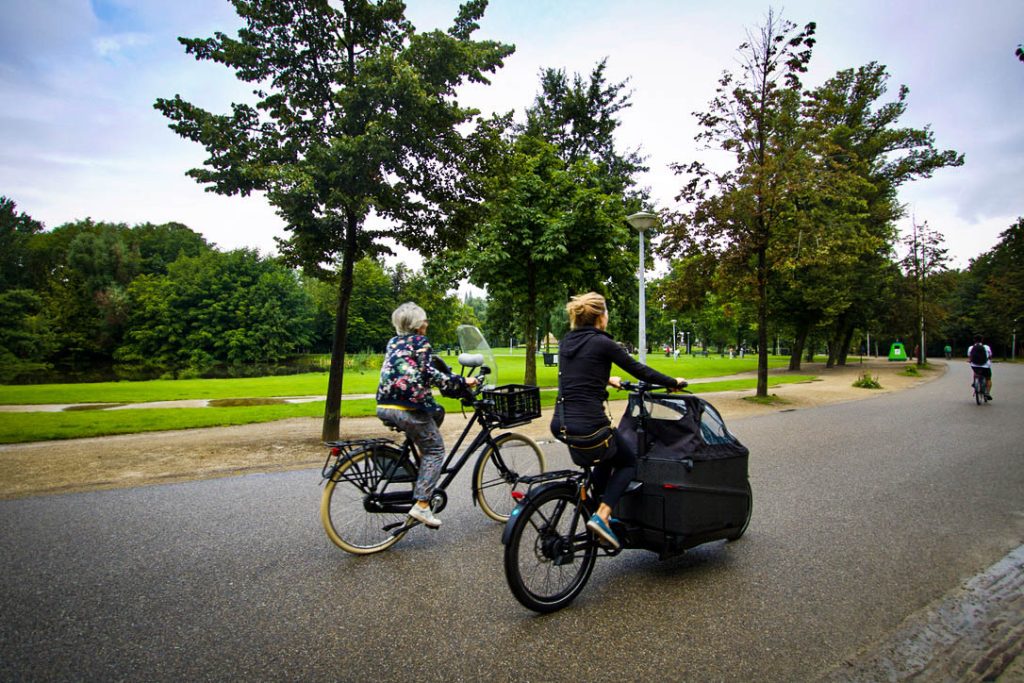
A Canadian Woman in Urbanism in a Nutshell
All at once, Sharee Hochman proves that you’re never too young and it’s never too late to be a CityChanger. Passion is a valuable tool and the desire to learn, try, and do is a channel for considerable action. Regardless of what you may or may not have studied or achieved in the past, you’ll have plenty of transferable skills in your arsenal. Use them.
As our Young Leader has shown, the city not of the future but today needs to accommodate everyone’s needs; this requires diverse perspectives and must be built upon myriad lived experiences. An enjoyable city is a feminist city. And a feminist city is a city for all.
Follow Sharee’s writing career on Journo Portfolio and check back with Women in Urbanism Canada regularly to see the exciting advances this wonderful non-profit is making.

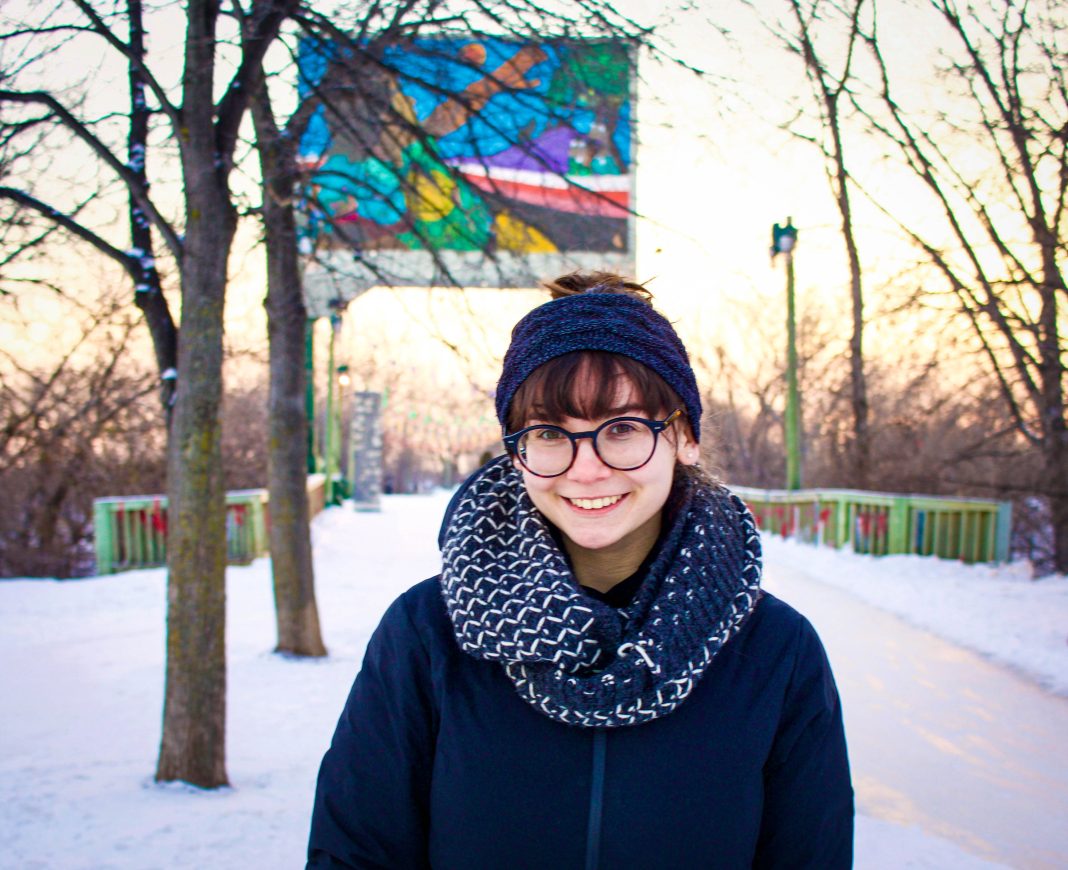

What an amazing article about an amazing City Changer! Keep up the great work, we are so proud of you!
Excellent article